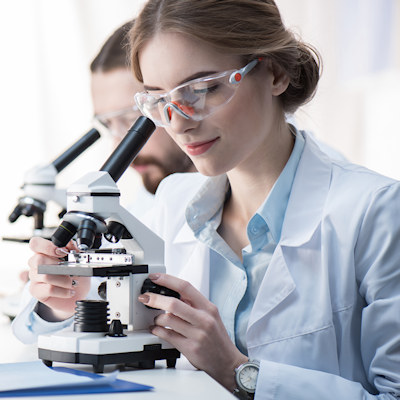 Swiss scientists unveil ‘intelligent’ microscope using AI
Swiss scientists unveil ‘intelligent’ microscope using AI
September 12, 2022 -- Swiss scientists have automated microscope control for imaging biological events such as cell division all while limiting stress on the sample. The team from École Polytechnique Fédérale de Lausanne trained artificial neural networks to detect subtle cell events and use that information to drive changes in microscope acquisition speed. Read More
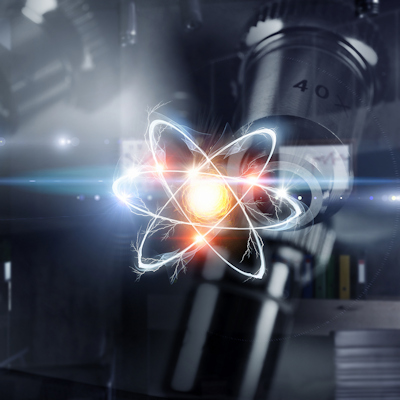 New cryo-EM tool visualizes biomolecules at near-atomic level
New cryo-EM tool visualizes biomolecules at near-atomic level
September 8, 2022 -- German researchers have used cryo-electron microscopy (cryo-EM) to visualize biomolecules at the atomic level, combining cryo-EM with a method used in materials research to observe protein building blocks in their natural environment in a snap-frozen state. Read More
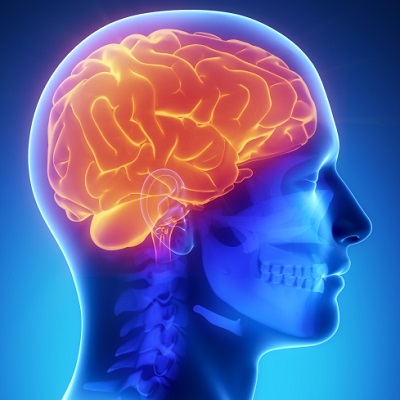 Link between ion channel and cholesterol in brain may lead to novel treatments for Alzheimer’s
Link between ion channel and cholesterol in brain may lead to novel treatments for Alzheimer’s
September 8, 2022 -- Mechanical forces and tissue functions influence the morphology of the developing brain, according to University of California, Irvine researchers, who also discovered a direct link in neural stem cells between Piezo1 -- a mechanically-activated ion channel -- and intracellular cholesterol levels during neural development. Read More
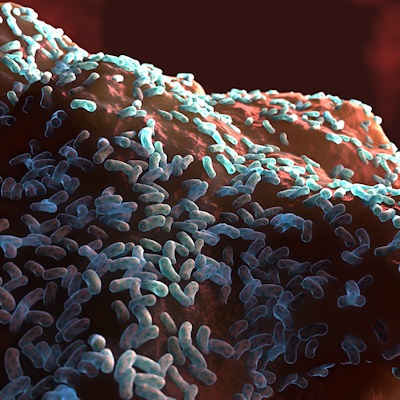 Stanford scientists create synthetic microbiome
Stanford scientists create synthetic microbiome
September 8, 2022 -- Stanford University researchers built a complex and well-defined synthetic microbiome with 100 bacterial species that they successfully transplanted into mice. The creation of the synthetic microbiome means the scientists will be able to add, remove, and edit individual species so they may better comprehend the links between gut microbiome and health. Read More
 New protein discovery has potential to improve fertility treatments
New protein discovery has potential to improve fertility treatments
September 7, 2022 -- An international team of researchers, led by the University of Sheffield, has discovered a new protein that helps sperm fuse with an egg and could potentially improve fertility treatments. Read More
 Scientists discover how cells repair damaged lysosomes, offers better understanding of age-related diseases
Scientists discover how cells repair damaged lysosomes, offers better understanding of age-related diseases
September 7, 2022 -- University of Pittsburgh researchers have described for the first time a pathway by which cells repair damaged lysosomes, structures that contribute to longevity, offering the potential to better understand and treat age-related diseases. Read More
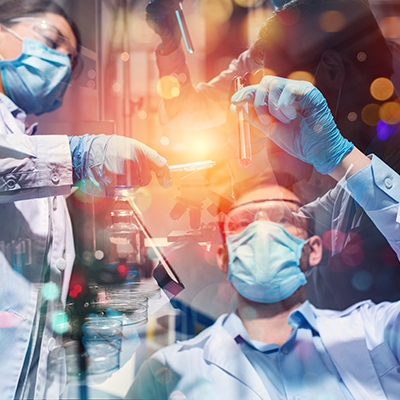 Discovery of toxin that kills bacteria could pave way for new antibiotics
Discovery of toxin that kills bacteria could pave way for new antibiotics
September 6, 2022 -- McMaster University researchers have discovered a previously unknown bacteria-killing toxin that has the potential to be exploited for future antibiotic development to combat infection-causing bacteria. Read More
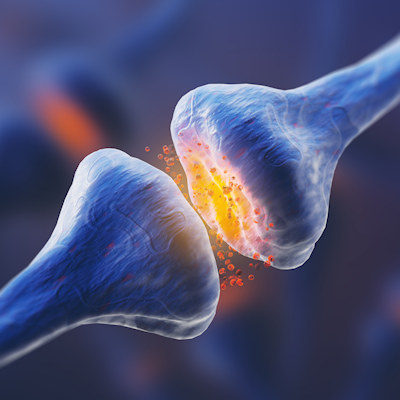 HHMI researchers spot new synapse in primary cilia of neurons
HHMI researchers spot new synapse in primary cilia of neurons
September 6, 2022 -- There’s a new kind of synapse in the primary cilia of neurons, according to researchers at Howard Hughes Medical Institute’s (HHMI) Janelia Research Campus in Ashburn, VA. Read More
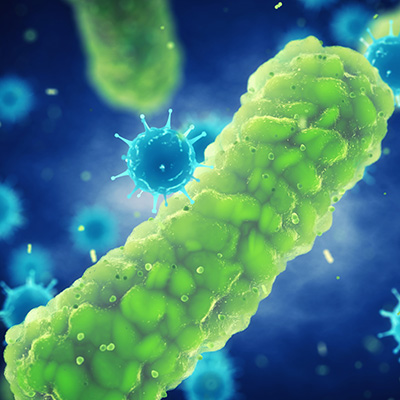 St. Jude team unlocks mystery of persister cells
St. Jude team unlocks mystery of persister cells
September 6, 2022 -- A team from St. Jude Children’s Research Hospital has discovered the specific cause for why certain cells don’t undergo apoptosis and instead create a new generation of “persister cells," according to an article published September 1 in the journal Cell. Read More
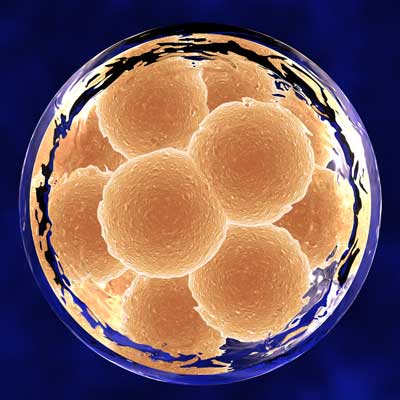 Biologists create new human cell type from stem cells for embryonic research
Biologists create new human cell type from stem cells for embryonic research
September 2, 2022 -- Belgian biologists from KU Leuven have generated a new type of human cell in the lab using stem cells, which closely resemble their natural counterparts in early human embryos. Read More
Conferences
Member Rewards
Earn points for contributing to market research. Redeem your points for merchandise, travel, or even to help your favorite charity.
Research Topics
Interact with an engaged, global community of your peers who come together to discuss their work and opportunities.
Connect
Tweets by @ScienceBoard



